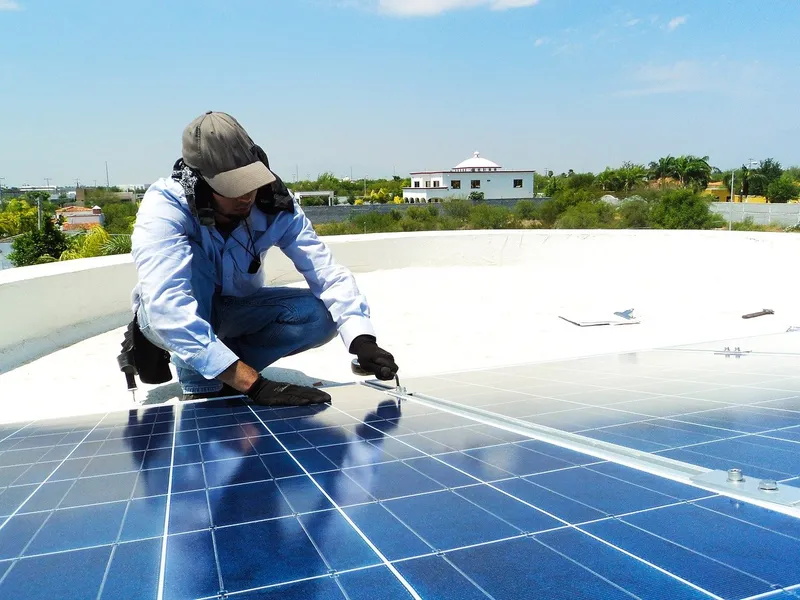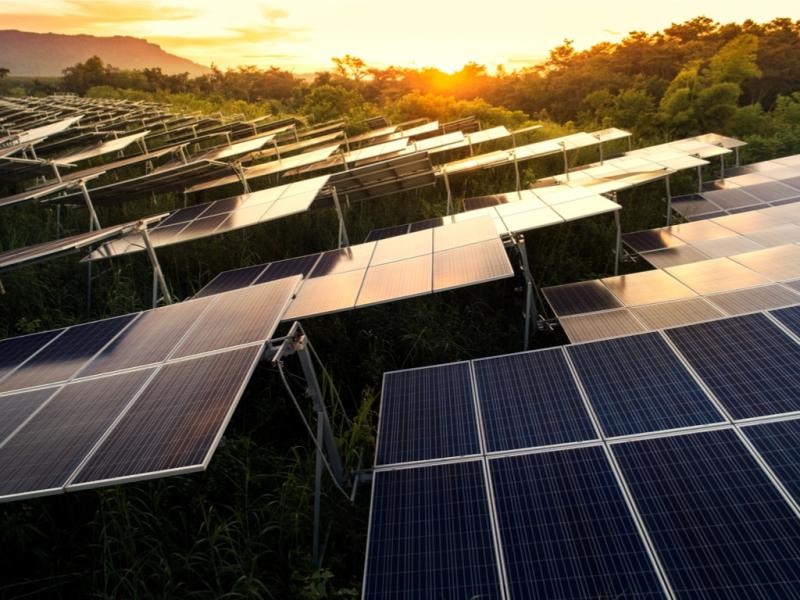In a world where energy demand is continuously on the rise, the need for more efficient, renewable, and sustainable energy solutions is becoming increasingly urgent. Hybrid energy systems that combine renewable sources with conventional power generation offer a promising path towards reducing carbon emissions, improving energy security, and cutting energy costs.
Here are some of the significant benefits of hybrid energy systems:
- Lower carbon footprint
Hybrid systems integrate renewable energy sources such as solar, wind, and hydro with conventional power sources, reducing greenhouse gas emissions, and decreasing the overall carbon footprint. Combining sustainable energy sources provides a more consistent power supply, thus lowering the reliance on fossil fuels.
- Increased energy efficiency
Hybrid energy systems represent a more efficient use of resources, resulting in the reduction of energy wastage. Hybrid technology provides the flexibility to use energy from multiple sources based on availability, demand, and pricing. Using this approach, a hybrid energy system optimizes the use of energy while minimizing waste, making it a more energy-efficient solution.

- Energy storage capabilities
One of the most significant limitations of renewable energy sources such as solar, wind, and hydro is their intermittency; they produce energy only when the natural resources are available. Hybrid systems address this issue by providing energy-storage capabilities, allowing the grid to use energy produced during peak supply periods when renewable resources are abundant and store excess energy for future use.
- Cost savings
Hybrid systems can provide significant cost savings by reducing reliance on traditional energy sources, and potentially avoiding high energy costs during periods of peak demand. The cost savings created by a hybrid energy solution outweigh the initial cost of installation in the long run.

- Increased energy security
Conventional power sources have experienced disruptions, increasing the need for secure and reliable energy sources. Hybrid systems minimize the impact of disruptions by utilizing a combination of energy sources to provide uninterrupted power.
Hybrid energy systems provide a sustainable, efficient, and cost-effective solution to the world’s energy challenges. The flexibility and resilience of hybrid technology, coupled with the natural advantages of renewable energy sources, make hybrid energy systems a critical component of a cleaner, more sustainable energy future.




